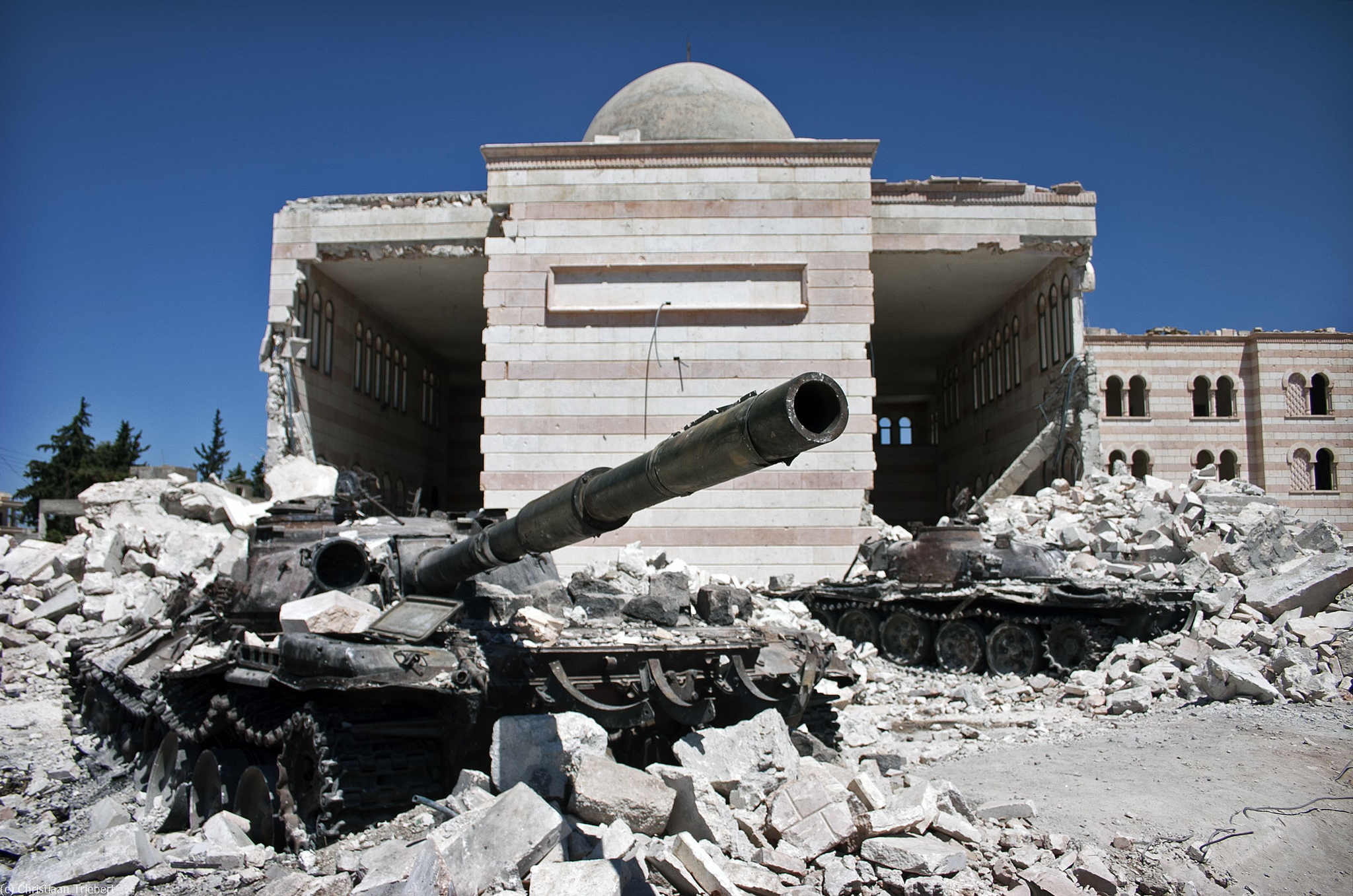“We don’t need an economic embargo in Syria. We need an arms embargo,” Bennis told Kontext. “The place is awash in arms. It’s just not awash in fresh water, electricity, and medicine.”
Economic sanctions hurt the poorest people with the least access to power, where food, medicine, and basic necessities are included.
Bennis said it’s near impossible to find diplomacy when a war is going on that’s being fed and paid for by outside actors. The same, high-level diplomats who need to be at the table to talk are the ones dealing with the war, Bennis said, that’s not going to work.
The U.S. is the largest supplier of weapons to Saudi Arabia, and Saudi Arabia is the U.S.’ largest arms customer, Bennis said.
“The people who want this war are the people who profit from this war,” Bennis said, “They are in all senses of the word ‘making a killing’ on this war.”
Some believe that if the U.S. places an arms embargo on Saudi Arabia, that they would just buy their weapons from China or Russia. “That’s not true,” Bennis said, “not because they wouldn’t want to, but because their entire military system is geared to U.S. specifications.”
The Saudis are using those U.S. weapons as proxies and sending them to their supporters on the ground in Syria, Bennis said.
The arms are going straight from major powers, right to their regional allies, and straight into Syria,” Bennis said. “As long as that’s the case, having representatives of those same countries sitting around a table in their nice suits talking about peace isn’t going to go very far.”
